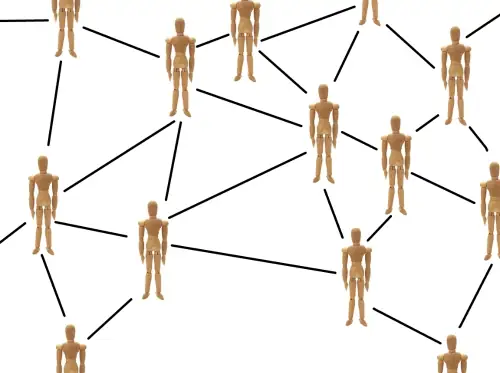PERSONALITY DISORDERS
What are Personality Disorders?
Personality disorders are conditions where a person is significantly different from average people, regarding the way they think, understand, feel or relate to others.
These differences in the way a person feels and the distorted perception of other people may lead to a strange behavior, which can be strange and painful and upset other people. Common characteristics of Personality Disorders are:
1. negative feelings, such as agony, anxiety, unworthiness or anger
2. avoidance of other people and feelings of emptiness and disconnection
3. difficulty in managing negative feelings, with self-destructive behaviors (for example drug and alcohol abuse, or drug overdose) or, in rare cases, threats against other people

4. strange behaviors
5. difficulty in maintaining stable and close relationships, particularly with their partners
6. periods of loss of contact with reality
7. the symptoms are usually getting worse with anxiety.
People with personality disorders often have other mental health problems too, particularly depression and substance abuse.
Personality Disorders and Psychotherapy
Psychotherapy is a treatment that includes discussion about the thoughts, feelings and behaviors with a well trained therapist. The goal of all of the psychological therapies is to improve the ability of people to regulate their thoughts and feelings.
Some therapies focus on dysfunctional thoughts, while other focus on self-reflection and being aware of how your mind functions. Some therapies, especially group therapies, can help people better understand social relationships.
The Psychological treatments can be quite effective for many personality disorders. However, they must be performed only by a trained professional who has the required experience from working on personality disorders and other clinical conditions. This is due to the fact that personality disorders are serious diseases that can be related with highly dangerous behaviors, such as self-harming.
There are important research data on the effectiveness of the Therapy of Personality Disorders of Cognitive Behavioral Therapy (CBT) and various more modern branches of it, such as Schema Therapy, or DBT.
Reference: nhs.uk
When and why do personality disorders occur?
Personality disorders usually emerge in adolescence and continue through adulthood. Their gravity may be mild, moderate or severe, and people may have periods of “remission” where they function well. Personality disorders can be related with genetic and family factors. Experiences of agony or fear during childhood, such as neglect or abuse, are frequent in these patients.
Types of Personality Disorders
Many different types of personality disorders are recognized. In general, they are classified in one of the three groups A, B or C, that are presented in brief below.
Group Α of Personality Disorders
The person in this group of personality disorders tends to have difficulties in relating to other people and usually presents behavior patterns that most of the people regard as strange and eccentric. Others may describe them as living in their own fantasy world and being distant or strange.
An example of this is the Paranoid personality disorder, where the person is extremely distrustful and suspicious.
Group B of Personality Disorders
People with personality disorders of Group B have difficulties in regulating their feelings and often present alternating positive and negative perceptions of other people. This can lead to behavior patterns, which are often described by others as dramatic, unpredictable and disturbing.
An example is the Borderline Personality Disorder, where the person is sentimentally unstable, has a self-harm tendency, and has intense and unstable relationships with others.
Group C of Personality Disorders
The person in this group of personality disorders struggles with persistent and crushing feelings of fear and anxiety. They can present behavior patterns that most of the people consider as shy and inhibited.
An example is the Avoidant Personality Disorder, where the person seems painfully shy, socially inhibited, feels inadequate and is particularly sensitive to rejection. The person may want to be close to others, but they have not the necessary trust in order to have a close relationship.
Prognosis and treatment
Many people recover from personality disorders over time. The Psychological or Psychiatric treatment is usually useful. Sometimes support is only needed. This depends on the severity of the disorder and on the presence or absence of continuous problems. Some mild to moderate personality disorders can be improved through therapy.
Different types of psychological therapies have been proved being helpful for people with personality disorders. However, there is no single approach that is appropriate for all patients and the therapy must be adapted to each patient. Not all of the therapies are effective and it is important that they are conducted by a certified and well trained therapist.
The Treatment for most of the personality disorders usually includes therapy, which usually lasts from six months to a year at least, sometimes much more, depending on the severity of the condition of the other existing problems too.